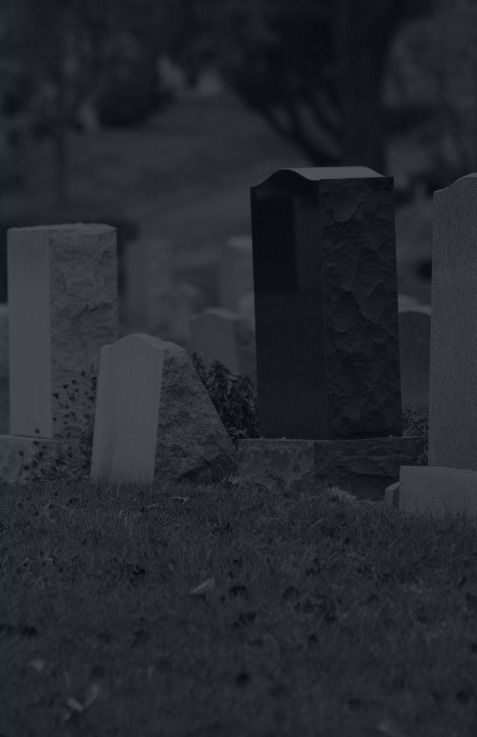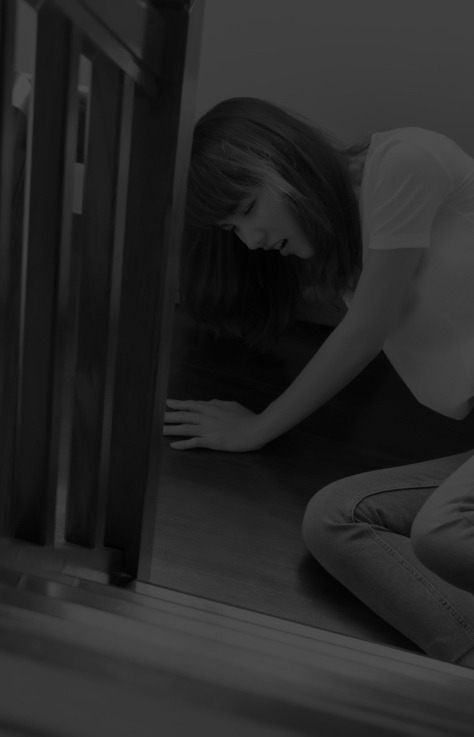Infographic: Surviving a dust storm: Do you know what to…
Doug Zanes shares advice on surviving a dust storm. Giant dust storms, popularly called “haboobs,” make for spectacular photos that everyone has seen shared o...
READ MORE![]() Contact Us 866-499-8989
Contact Us 866-499-8989
When you hire us, you're adding unmatched experience to your team, ensuring you get the best possible outcome.
Our firm maintains an impressive 99% win rate, even while accepting difficult cases other law firms have turned away.
We are not afraid of trial, and insurance companies know this. If it’s in your best interest, we are always trial ready.

No one ever expects to be involved in a car accident, suffer an injury, or need to begin looking for a Phoenix car accident attorney.

With the help of a Phoenix wrongful death lawyer, you should receive compensation for your losses.

When you are hurt in an accident, our Phoenix slip and fall lawyers are only a phone call away.

Our motorcycle accident lawyers in Phoenix understand how dangerous it can be to ride a bike. So much so that we have created safety articles for years.





Establishing a nursing home’s liability in a resident suicide means venturing into dense and complex territory. By definition, suicide victims cause their own deaths. The objective in such a legal case centers on proving that the nursing home played a role in the suicide.
By asking several questions, we will lay a solid foundation for this liability:
By these criteria, if nursing home MDS indicates suicidal ideation or behavioral illness in your loved one before admission, and/or if the staff failed to respond to and manage potential risk factors, we can lay the groundwork for liability in your loved one’s suicide.
Zanes Law’s mental illness and suicide lawyers in Phoenix, AZ will collaborate with psychologists and mental health experts to establish a framework for your loved one’s mental state around the time of his or her suicide.
We will also gather evidence from other sources, including statements we solicit from witnesses, photographs, and surveillance videos.
To pursue legal action against the nursing home where your loved one committed suicide, we will address all elements of the “duty of care” precept required by law:
We will do everything from A to Z to prove your case that nursing home negligence caused your loved one’s suicide.
No amount of compensation can bring back your loved one or heal the pain and suffering that haunts a family after a loved one commits suicide. Many suicides can be prevented, however, and we would expect as much when we entrust our loved ones to medical and trained professionals in a nursing home.
The mental illness and suicide lawyers in Phoenix, AZ at Zanes Law will do everything from A to Z to see that justice is served in the case of your loved one’s suicide in a nursing home. Call our firm at 866-499-8989 for a free, no-obligation consultation.

Doug Zanes shares advice on surviving a dust storm. Giant dust storms, popularly called “haboobs,” make for spectacular photos that everyone has seen shared o...
READ MORE
As a Tucson lawmaker proposes raising liability coverage required for motorists, personal injury attorneys at Zanes Law remind drivers to explore all of their options aft...
READ MORE
We are excited to announce that we have officially launched the Zanes Law Personal Injury Legal Tips podcast, featuring advice from Zanes Law owner and responsible attorn...
READ MORE